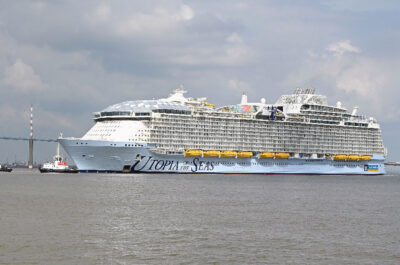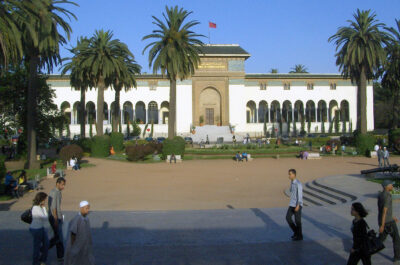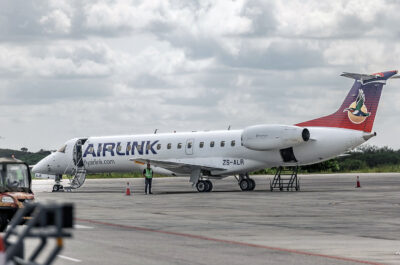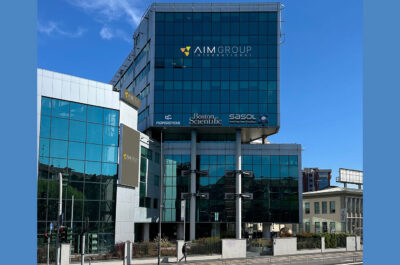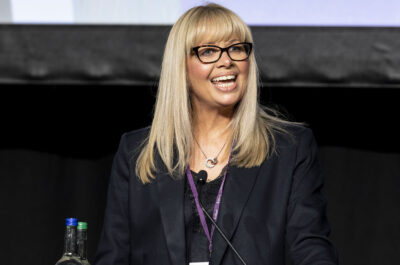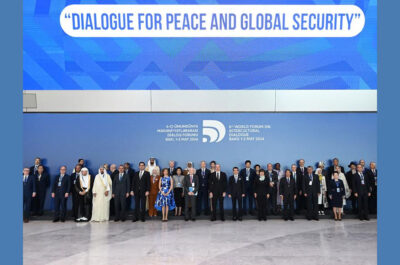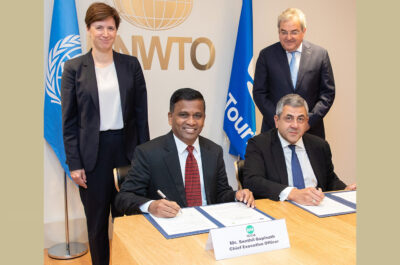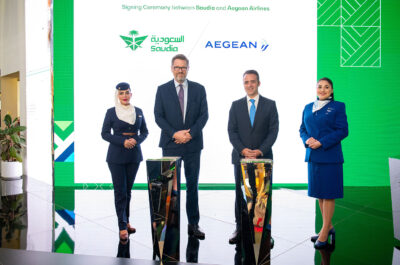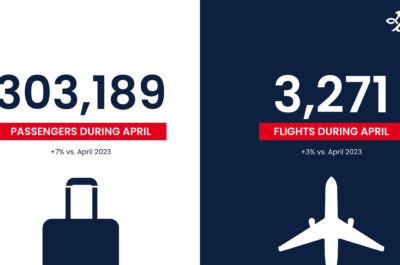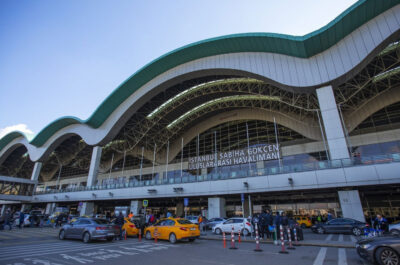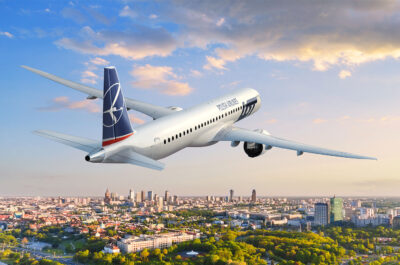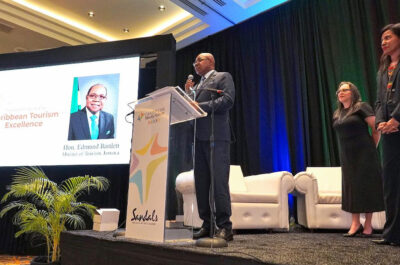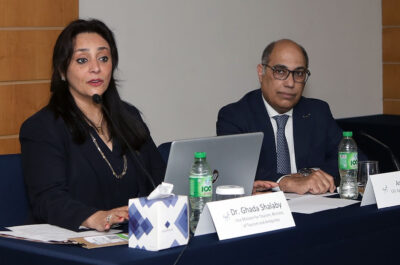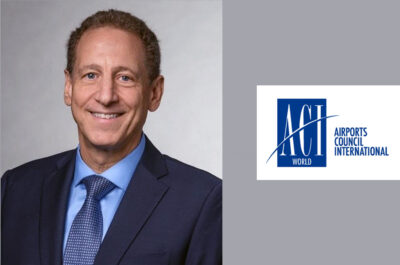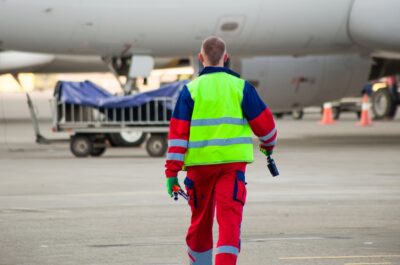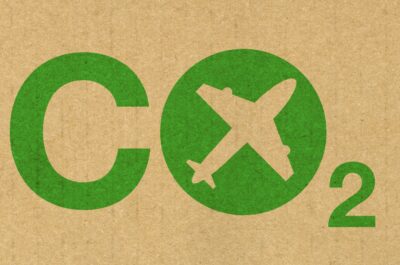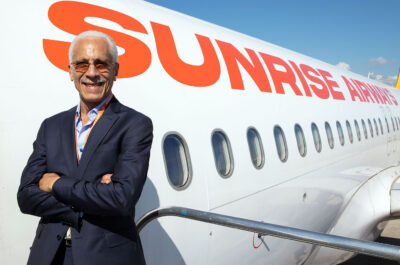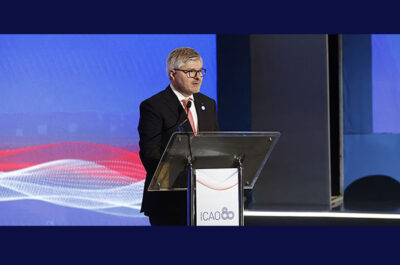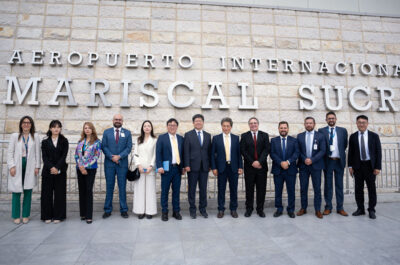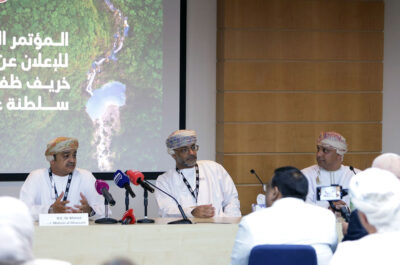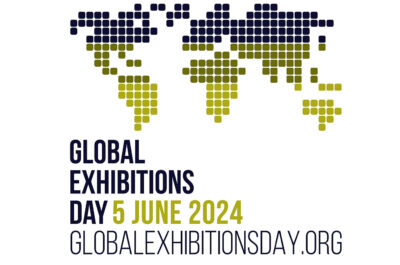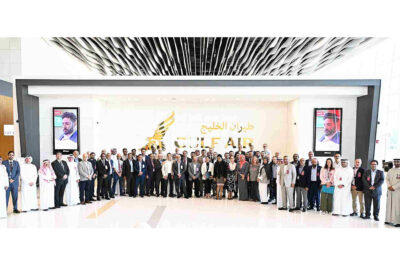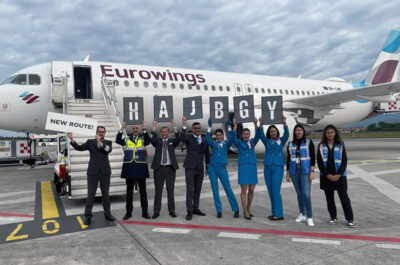…
After years of unprecedented growth, economies in Asia are slowing and the region’s corporate travel agents now have to evolve the way they do business as companies look to trim travel costs, says Abacus International, Asia’s leading travel facilitator.
However, President and CEO of Abacus, Mr Robert Bailey, believes Asia’s corporate travel agents and travel management companies (TMCs) have capitalised on the previous strong growth in the region and the sector is robust enough to weather the downturn now in progress.
“Companies have been prompted to review travel expenditure, along with everything from stationary to staffing levels, but a TMC or corporate travel agent is employed to squeeze the most value out of a company’s travel spend, and that is going to remain a valued service in the current climate,” says Mr Bailey.
Asia, along with the rest of the world, is dealing with the tightening of corporate purse-strings in the wake of the global credit crisis, as well as rapidly slowing economic growth and rising inflation and volatile oil prices, effectively creating a ‘triple whammy’.
Mr Robert Bailey believes corporate travel agents and TMCs will be able to weather this volatility, as they have many before – by adding value.
“TMCs and corporate agents have not only made it easier for companies to arrange travel, but have streamlined the process. They have helped cut costs by securing the best available fares, and have used their scale to negotiate better deals, they also provide first-class reporting systems to their clients. These services are even more valuable now than they were a year ago,” he said.
The business of business travel
The variety of incentives introduced by airlines in the region to woo valuable business travellers show just how important the corporate travel sector has become in Asia.
Singapore Airlines has revamped its business class and even has a daily dedicated business class flight from Singapore to Newark, New York. The airline plans to offer the same service on the Singapore to Los Angeles route in September this year.
Business class passengers are now offered seemingly evermore elaborate on-board comforts and services, such as free wi-fi and power points for laptops, lie-flat seats, designer accessories like sleepwear, toiletries and blankets, a personalised concierge service, and even an on-board chef.
“A business traveller can now check their email, have a working dinner and take a nap, while their suit jacket is pressed and all en route to somewhere else,” says Abacus’ Vice-President for Global Accounts, Mr Kenneth Low. “Some airlines are even looking to allow the use of cell phones on board so their passengers don’t miss a call, even at 30,000 feet.”
While the airlines vie for the heart of the business traveller, travel management companies and corporate travel agents have appealed to the bottom-line reasoning of the businesses and this has created arguably the strongest and most competitive corporate travel sector in the world.
With the current squeeze on airlines and subsequently the broader travel industry, Oxford Economics points to a strong performance in Asia as a key factor in keeping the business travel industry humming worldwide, forecasting year on year growth for international business travel to run above 10% in Asia for the coming years, compared to just 5% in Europe.
In early July, American Express, the biggest TMC in the world with a strong presence in Asia, reported a 17% increase in sales recovering from a slight decline in the first quarter of 2008.
“The managed and corporate travel sector has enjoyed unprecedented rates in growth across most of Asia for the past few years. However, while the long-term prospects for the sector are good, the current economic climate is going to make it tougher going for a lot of agents in the short term,” says Mr Kenneth Low.
Mr Low points out that many countries in the region are wrestling with rising inflation and a large proportion of international business travellers are coming from areas where the economy is suffering, such as North America and Europe.
Already some companies are introducing new rules for travel, including downgrading executives from business to economy, using LCCs and cheaper hotels, cutting down on the number of days for travel and even introducing non-travel alternatives such as teleconferencing.
India’s third largest IT company, Wipro Technologies, has recently installed what is called tele-presence technology, or video-conferencing, in three key offices to reduce the cost of executive travel.
And it’s not just Wipro changing their ways. The Travel Agents Federation of India (TAFI) estimates the corporate travel sector in India has already been hit hard with a drop in demand of 10-15% over a year and predicts it could be even harder hit by India’s rising inflation.
In May, international consumer-goods giant Proctor and Gamble cut its travel budget by 30% across the entire company, and has also gone the way of Wipro with remote conferencing capabilities in key markets.
“For TMCs the imperative is the same as their clients,” says Mr Kenneth Low. “They need to analyse their fee models, reduce costs and bargain aggressively for the best deals and our Abacus-connected agents have told us they are investing more in technological solutions to get them there.”
A solution such as Abacus PowerSuite automates a large number of day-to-day operations in an agency, freeing up staff to focus on client servicing as well as creating very detailed and accurate reporting for clients.
“Investing in technology solutions provides agencies the ability to streamline operations and improve client servicing as well as auditing and reporting, will be a major factor in separating the agencies that will simply survive the current squeeze from the agencies that will flourish in it,” says Mr Low.
More uncertainty
In April this year, the International Air Transport Association (IATA) surveyed chief financial officers from across the airline industry and reported an overwhelmingly pessimistic outlook from the majority of respondents.
According to IATA, about half of the CFOs categorised the beginning of the year as bleak and more than 60% thought the situation would deteriorate over the coming 12 months due to pressure from higher fuel prices and lower demand.
But it is not only the potential drop in demand that is cause for concern for corporate travel agents and travel management companies, as the whole process of travelling has become more complicated for leisure and business travellers alike.
“Following the precedent set in the United States, airlines in Asia will be keeping a close eye on schedules and routes to ensure acceptable capacity,” says Mr Low. “It could become hard for some clients to get to some of the more remote parts of the region as they do currently.”
Mr Low notes that TMCs in the United States have also had to worry about bankruptcies and mergers creating uncertainty not only for routes and scheduling, but also potentially jeopardising previously negotiated fares and frequent flyer and privilege programmes.
“These concerns could become a reality in Asia too, and added to that, there is a raft of extra charges such as fuel surcharges and fees for baggage that are starting to creep into the fare structure and often not included in the deals corporate travel agents are negotiating,” says Mr Low.
Mr Roger Pfund, General Manager and Vice President, Asia Pacific Operation for BCD Travel believes the increased complexity that accompanies business travel makes TMCs even more valuable to corporate clients.
“Our role as a corporate travel management company is to manage our client’s business travel programmes. Reducing the total cost of travel continues to be a primary programme objective for a significant majority of our clients and this is therefore a key focus for our organisation,” says Mr Pfund.
Collaboration, consolidation, cost control
As the world’s third largest travel management company, BCD Travel has keen insight into the sentiment in the business travel sector here in Asia and across the globe. In a snapshot of buyers conducted in April before the worst of the spikes in the oil price, BCD found half of them believe demand will increase by the end of 2009 in North America, Europe and particularly Asia.
“The growth in demand will be strongly fuelled by increases in emerging and growth markets. For example the survey finds 27% of buyers estimate demand in Asia, one of business travel’s rapidly expanding frontiers, will grow by more than 10% in 2008,” says Mr Pfund.
Managing Director of Malaysian agency Holiday Tours and Travel, Mr Thomas Chong, says while the situation right now appears to be “lose-lose” for all involved, once the oil price stabilises the sector will bounce back.
“Most businesses will continue to view corporate travel as an investment in sales, marketing and business development rather than as a cost. What we can expect is for businesses to be more selective on the routes they travel with organisations preferring to focus on selected key target markets, such as the Middle East rather than Europe, where they feel they can maximise their ROI from such business travel.”
Mr Chong expects to see more consolidation in the aviation industry and also closer collaboration between hotel and preferred agencies, resulting in increasingly creative marketing with increased price sensitivity.
“As far as the corporate market is concerned, Holiday Tours will be more aggressive in contracting rates and pricing for ground components for our corporate clients to try and alleviate the pressure on airline prices,” said Mr Chong.
Further afield, Abacus’ Mr Robert Bailey points to the work American Express Business Travel has done to increase the services, and thus value, it can offer clients.
“In the United States, American Express has moved beyond simply arranging travel and with the introduction of an online product called AXIOM, their clients have access to travel and business suppliers, as well as services including airport parking, ground transportation, dining, event tickets, shipping, car service and even audio and web conferencing.”
Mr Bailey believes the travel industry is resilient and while the ‘triple whammy’ has created concern, it has, more positively, accelerated an evolutionary shift in the way TMCs and corporate travel agents service their clients.
“Corporate travel agents know they will not score points just for turning up any more and we can expect a tighter travel budget and softening demand from corporate clients in the short term. However, business travel does not just mean high expenditure or business-class travel, and by being a travel value champion for their clients, corporate travel agents will excel regardless of the economic climate,” said Mr Bailey.























